The treatment obviously depends on the underlying cause. It is very important that the problem is diagnosed correctly and as soon as possible, in order to avoid possible worsening.
Usually, an anti-inflammatory medication or medicine is used (e.g., ibuprofen, among many others), to help reduce inflammation or “de-swell” the gums, also allowing pain relief. However, these anti-inflammatory medications cannot definitively treat the problem in cases where there is a related disease. See more information on each of the related diseases. In cases where there is infection, the prescription of an antibiotic may be necessary in order to overcome it. Taking antibiotics is only justified in cases where there is an infection. There are products, in the form of mouthwash, gel, or ointment, that your dentist may also recommend for topical application, in to help reduce inflammation of the gums more quickly.
As a home remedy, the patient can apply cold compresses to the face, which is good for promoting de-inflammation, and which will ultimately allow relief from the symptoms. It is important to mention that the relief of symptoms does not mean that the problem has been treated. It is very important that the diagnosis is carried out in a timely manner and the treatments implemented are carried out as quickly as possible, in order to avoid the problem worsening.
Treatment must, therefore, always be guided by a dentist, in order to effectively treat the pathology that is causing the edema of the gum. The patient should never self-medicate and always carry out treatments in accordance with medical prescription.
How to prevent swollen gums?
Prevention, as in practically everything in life, is always the “best medicine”. Please bear in mind at least the following facts:
- A highly important measure is correct tooth brushing, which must be carried out at least two or three times a day. Brushing your teeth removes bacterial plaque, thus helping to fight gum and tooth disease.
- When brushing your teeth, do not use too much force, as this may irritate your gums. Brushing should be carried out with a brush with soft bristles, following a correct brushing technique, and should be done mainly after meals.
- Just like brushing, flossing daily is essential for preventing mouth diseases. Daily flossing should be part of your oral hygiene routine, but it is often neglected. Flossing removes accumulated plaque and bacteria from areas where a brush cannot reach, namely in the interdental spaces (between the teeth).
- Eat a rich and varied diet. Vitamin C and folic acid actively contribute to gum health and help prevent gingivitis. It has been reported that people lacking this vitamin are much more likely to develop gum disease. Eating lots of fresh fruits and vegetables will be an excellent preventative measure.
- As previously mentioned, tobacco can deeply irritate the gums. Smokers are more likely to develop gum disease. You should avoid smoking.
- Hydrate yourself. Drinking plenty of water helps eliminate food debris and bacteria from your mouth, reducing the development of plaque. Drinking water also has the advantage of facilitating the production of saliva, helping to neutralize the harmful effects of bacteria naturally.
- You should get enough sleep and avoid stress as much as possible.
If you are experiencing swollen gums, it is best to see your dentist, especially if home remedies don’t work, as they will treat the underlying issues, not just the symptoms.
